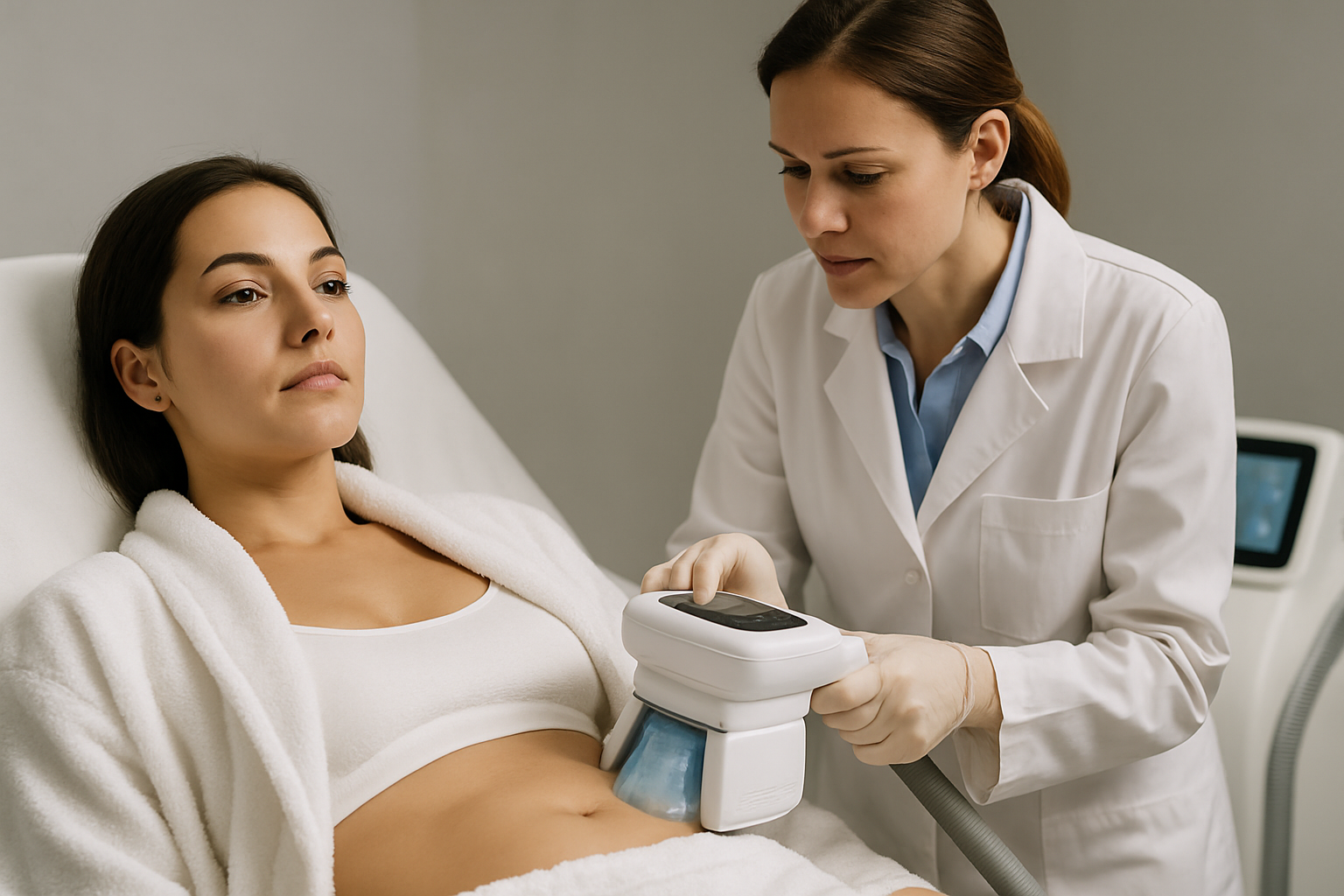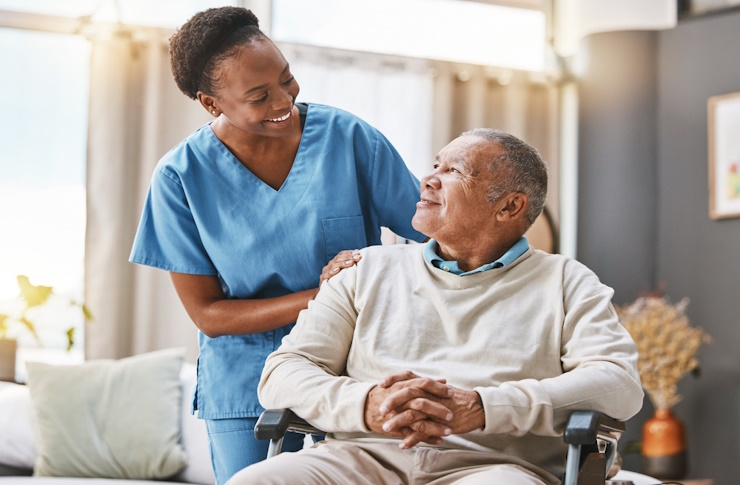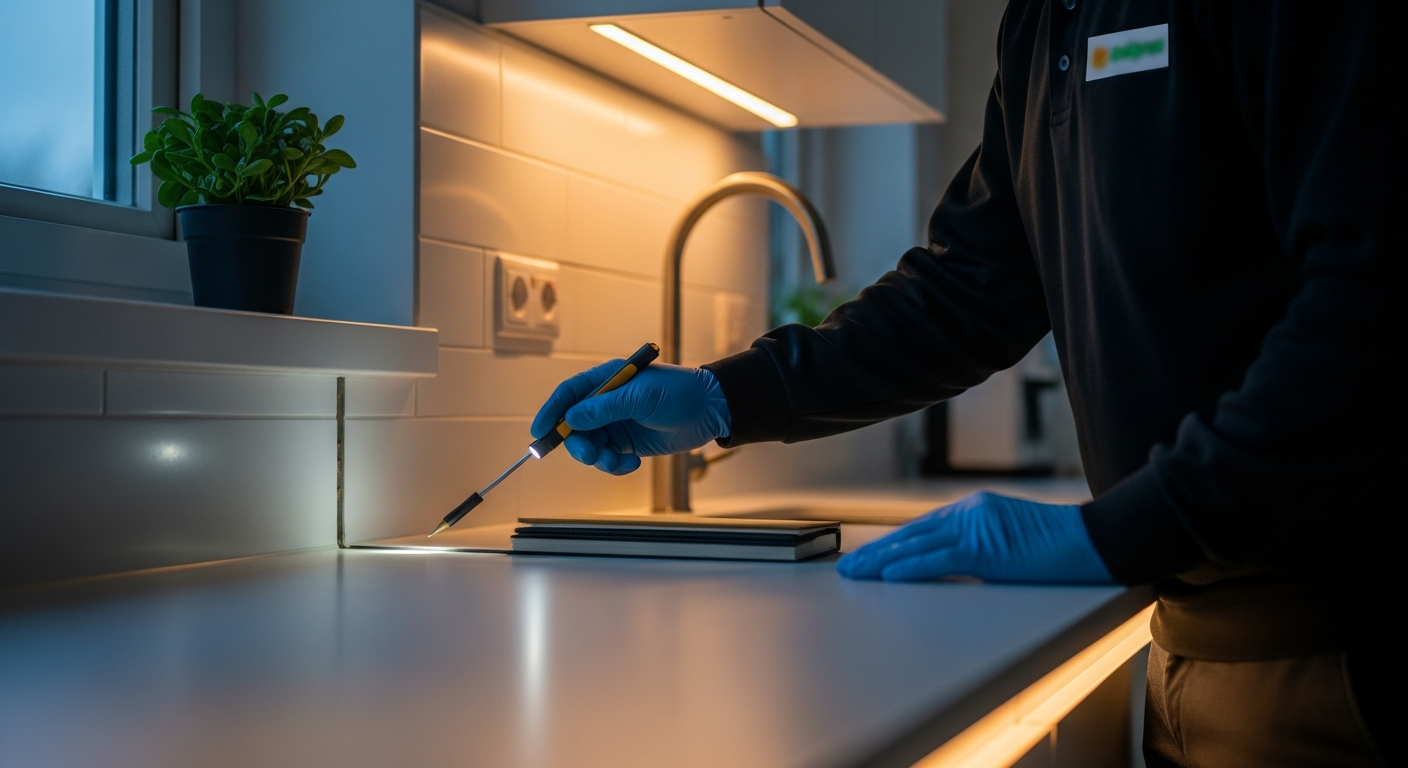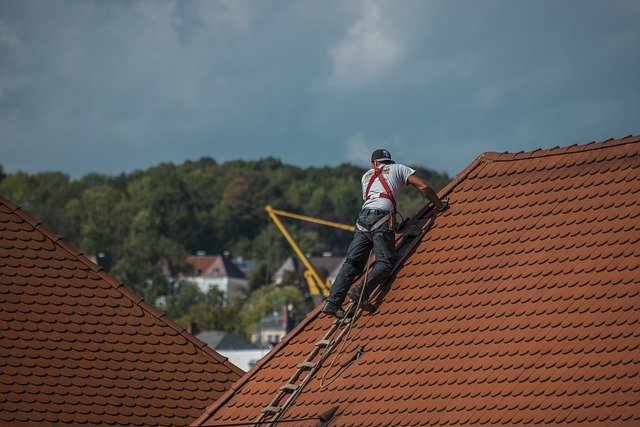Sleep Apnea Treatment Clinics – Information About Care and Services
Sleep apnea is a common yet serious sleep disorder that affects millions of people worldwide. It occurs when breathing is repeatedly interrupted during sleep, leading to poor sleep quality and potential health complications. Understanding the impact of sleep apnea on rest and breathing is crucial for those seeking treatment. This article explores the services offered by sleep apnea treatment clinics, including therapy programs, CPAP solutions, and the role of sleep medicine centers in managing this condition.

How does sleep apnea influence rest and breathing?
Sleep apnea significantly impacts both rest and breathing patterns. During an apnea episode, the airway becomes blocked or collapses, causing a temporary pause in breathing. These pauses can last from a few seconds to minutes and may occur 30 times or more per hour. As a result, oxygen levels in the blood drop, triggering the brain to briefly wake the person to resume breathing. This cycle of interrupted sleep leads to poor sleep quality, daytime fatigue, and increased risk of various health issues.
The most common type, obstructive sleep apnea (OSA), occurs when throat muscles relax excessively, narrowing the airway. Central sleep apnea, less common, happens when the brain fails to send proper signals to the muscles that control breathing. Both types can significantly disrupt sleep patterns and overall health if left untreated.
What therapy programs are available for sleep apnea?
Sleep apnea treatment clinics offer a range of therapy programs tailored to individual needs. The most common and effective treatment is Continuous Positive Airway Pressure (CPAP) therapy. CPAP devices deliver a steady stream of air through a mask worn during sleep, keeping the airway open and preventing apnea episodes.
For those who find CPAP uncomfortable, alternative therapies may be recommended. These include:
-
Bi-level Positive Airway Pressure (BiPAP): Similar to CPAP but with varying pressure levels for inhalation and exhalation.
-
Oral Appliance Therapy: Custom-fitted devices that reposition the jaw to keep the airway open.
-
Positional Therapy: Techniques to encourage sleeping on one’s side rather than back.
-
Lifestyle Changes: Weight loss, exercise, and avoiding alcohol before bedtime can help manage mild cases.
-
Surgical Options: In severe cases, procedures to remove excess tissue or reposition the jaw may be considered.
What CPAP solutions are offered by sleep medicine centers?
Sleep medicine centers provide a wide array of CPAP solutions to ensure patients find the most comfortable and effective option. These solutions include:
-
Traditional CPAP Machines: Standard devices that deliver constant air pressure.
-
Auto-CPAP (APAP) Machines: Automatically adjust air pressure based on the user’s breathing patterns.
-
Travel CPAP Devices: Compact and portable for those who frequently travel.
-
Various Mask Types: Including nasal pillows, nasal masks, and full-face masks to suit different preferences and facial structures.
-
Humidifiers: Integrated or separate units to add moisture to the air, reducing dry mouth and nasal passages.
-
CPAP Accessories: Such as mask liners, hose holders, and cleaning supplies to enhance comfort and maintain equipment.
Sleep specialists work closely with patients to find the right combination of machine, mask, and settings to ensure optimal treatment efficacy and comfort.
What services can I expect at sleep apnea treatment clinics?
Sleep apnea treatment clinics offer comprehensive services to diagnose, treat, and manage sleep apnea. These services typically include:
-
Initial Consultation: A thorough evaluation of symptoms, medical history, and physical examination.
-
Sleep Studies: Both in-lab polysomnography and home sleep tests to diagnose sleep apnea and assess its severity.
-
Treatment Planning: Customized treatment recommendations based on diagnosis and individual needs.
-
CPAP Titration: Determining the optimal air pressure settings for CPAP therapy.
-
Equipment Fitting and Education: Assistance in selecting and properly using CPAP devices and masks.
-
Follow-up Care: Regular check-ups to monitor progress and adjust treatment as needed.
-
Support Services: Access to sleep specialists, respiratory therapists, and support groups.
-
Alternative Treatment Options: Evaluation for oral appliances or surgical interventions when appropriate.
| Service | Description | Typical Cost Range |
|---|---|---|
| Initial Consultation | Comprehensive evaluation by a sleep specialist | $200 - $400 |
| In-Lab Sleep Study | Overnight polysomnography in a sleep center | $1,000 - $3,000 |
| Home Sleep Test | Portable device for at-home sleep monitoring | $200 - $600 |
| CPAP Machine | Standard CPAP device with basic features | $500 - $1,000 |
| CPAP Mask | Various types to suit individual needs | $50 - $200 |
| Follow-up Appointments | Ongoing care and treatment adjustments | $100 - $250 per visit |
Prices, rates, or cost estimates mentioned in this article are based on the latest available information but may change over time. Independent research is advised before making financial decisions.
Sleep apnea treatment clinics play a crucial role in helping individuals manage this sleep disorder effectively. By offering a range of diagnostic tools, treatment options, and ongoing support, these clinics enable patients to improve their sleep quality and overall health. From understanding how sleep apnea affects rest and breathing to exploring various therapy programs and CPAP solutions, comprehensive care is available to those seeking relief from sleep apnea symptoms.
This article is for informational purposes only and should not be considered medical advice. Please consult a qualified healthcare professional for personalized guidance and treatment.




